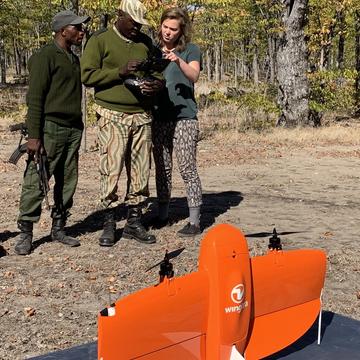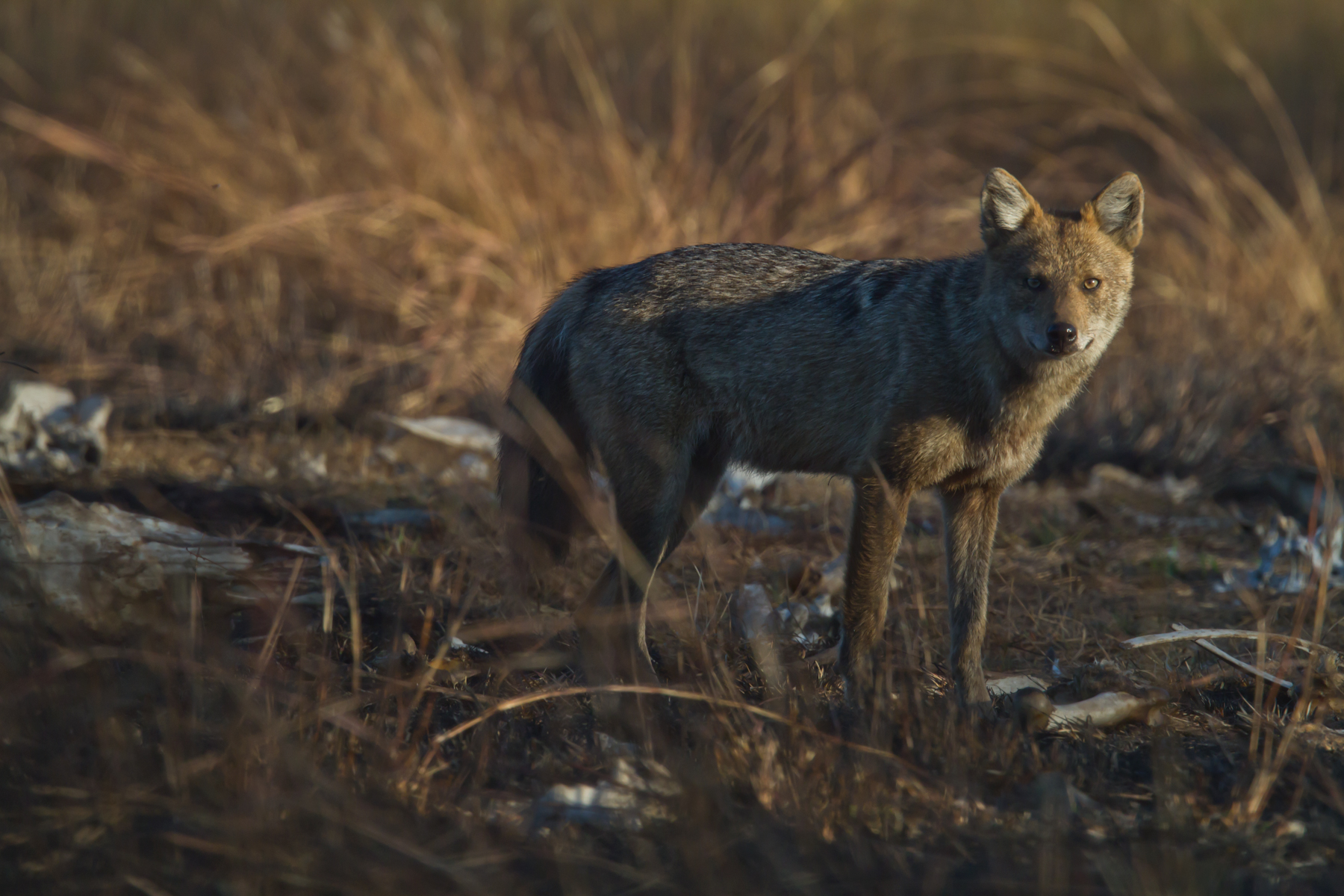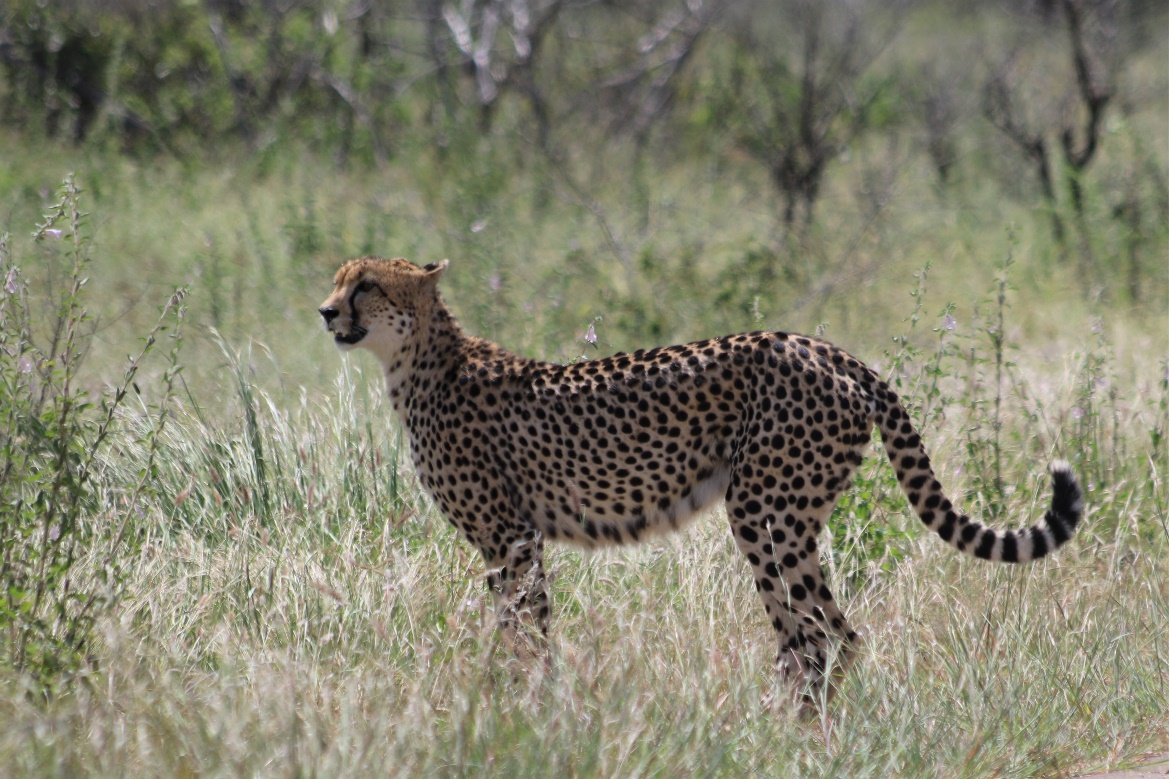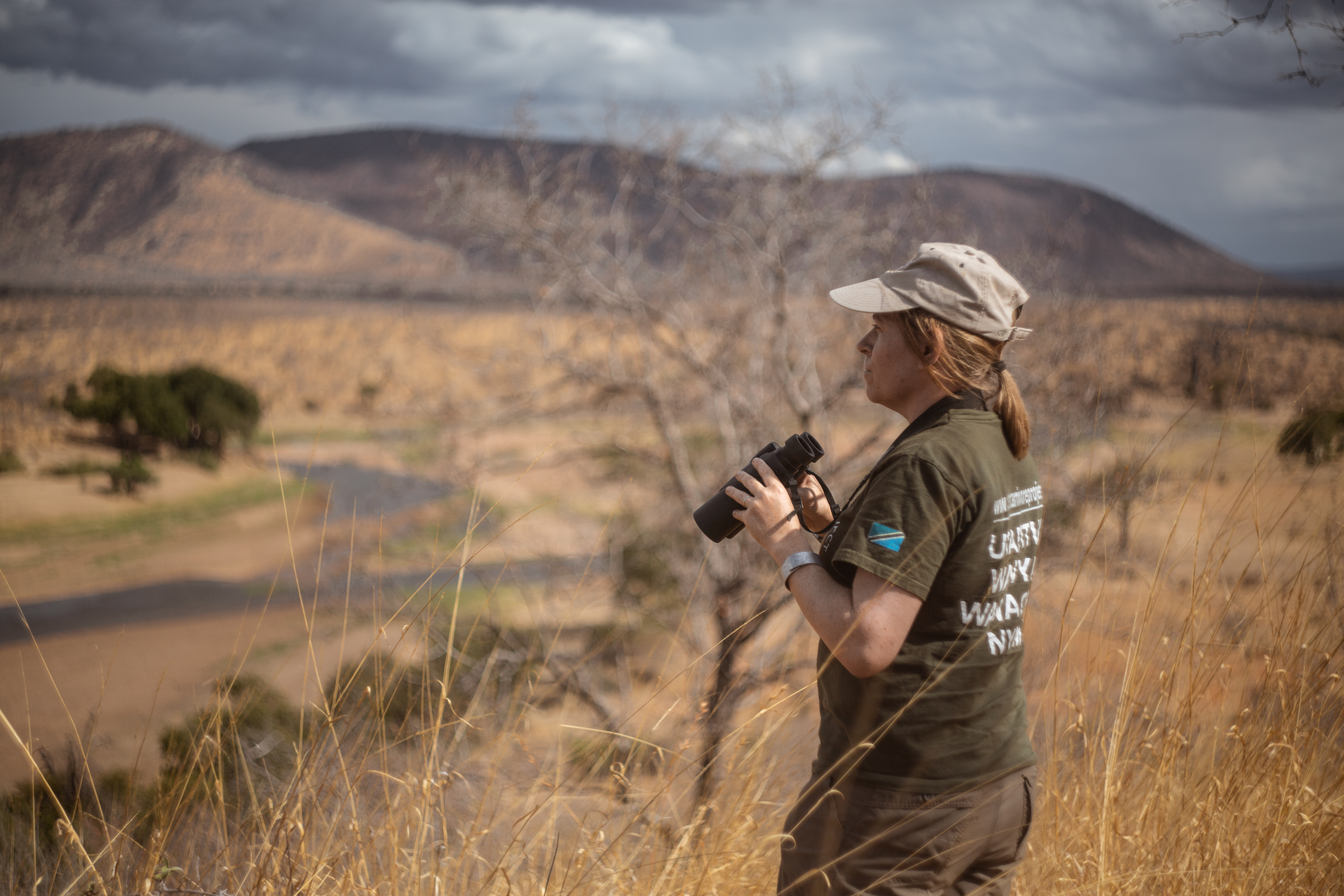All News

Optimal flight altitude to minimise acoustic drone disturbance to wildlife
20/08/2021We are now in a golden age of technological advances and are able to remotely monitor and track wildlife via a variety of electronic sensors. Unmanned aerial vehicles (UAVs) are an increasingly important tool for wildlife data collection. Applications of use are numerous and continue to grow. Recent applications include gathering biological samples (e.g., blow ... Read full story

Public Perceptions of Wildlife and use of ‘Pest Control’ in and around UK Homes
06/08/2021Research by Sandra Baker, Paul Johnson and David Macdonald (WildCRU) with Stephanie Maw (HSI-UK). Wildlife causes problems for people all over the world. Efforts to tackle ‘pests’ often involve killing and/or poor welfare for astronomical numbers of individual animals. The scale of the problem and how people’s attitudes towards species are affected ... Read full story

Jackals exhibit unique behaviours to survive in an extreme environment
04/08/2021Golden jackals (Canis aureus), hereafter jackals, have a wide distribution, ranging from central Europe to Southeast Asia. Jackals are very adaptive to human-altered landscapes, and consequently have been expanding their range throughout Europe during the past several decades. However, the ecological role of jackals in natural ecosystems has not been well studied, and there have ... Read full story

New research from Tanzania sheds light on globally important yet little-known cheetah stronghold
09/08/2021By Paolo Strampelli New research provides some of the first insights into the population status, distribution, and habitat use of cheetahs in Ruaha-Rungwa. Although it is believed that the area hosts Tanzania’s second largest population of cheetahs, and one of East Africa’s most important, very little research has been carried out on cheetahs in this ... Read full story

Managing human-wildlife conflict in a rapidly changing climate
04/08/2021by Dr Alexandra Zimmermann and Dr James Stevens. Featured in the IUCN Congress Newsletter. "The conservation of biodiversity is unfortunately all too often about managing conflicts. Tensions arise from access to land, competition for resources, which in turn are exacerbated by disputes over managing wildlife, protected areas, struggles over inequalities, livelihoods, development, and human rights. ... Read full story

Dr Amy Dickman interviewed for the Economist
24/06/2021WildCRU’s Dr Amy Dickman was interviewed in this recent @The Economist film about trophy hunting, highlighting that it is a more nuanced topic than is often assumed. She talks about the vital need for new sources of conservation funding and stresses the need for an equitable and sustainable model, as she says ‘we cannot expect ... Read full story
«Return to News & Events





